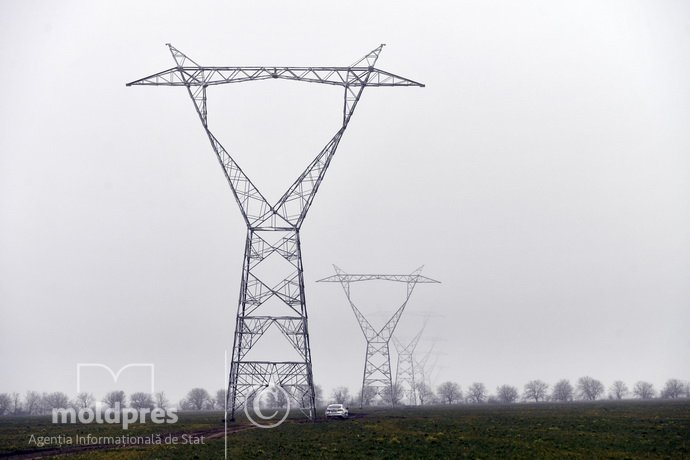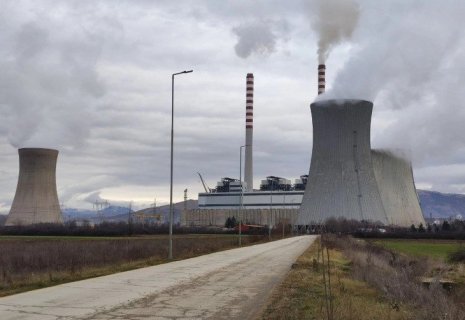
EU praises Moldova for major progress in energy reforms
The Republic of Moldova has been praised by the European Commission for its remarkable progress in the energy sector, according to the 2025 Annual Report on the progress of candidate countries toward European Union accession.
The document highlights major transformations achieved under Chapter 15 – Energy and Chapter 21 – Trans-European Networks, both considered crucial in the EU integration process, CE Report quotes MOLDPRES.
The Commission notes that Moldova has taken important steps in transposing and implementing EU energy regulations, gradually reducing its dependence on the thermal power plant in the Transnistrian region and shifting toward electricity imports from Romania.
Natural gas is now purchased on the market and stored in Ukraine and Romania, ensuring domestic consumption during the last two winter seasons.
The report also mentions the amendment of the Gas Law, which requires mandatory storage of at least 15% of the country’s average annual gas consumption, and establishes a framework for market liberalization.
The process of reducing public service obligations for major industrial consumers is expected to be completed by April 1, 2026, according to decisions by the National Agency for Energy Regulation (ANRE).
Furthermore, the European Commission welcomes the full unbundling of gas transport and supply activities, in line with the requirements of the EU’s Third Energy Package, as well as the adoption of the Electricity Law, harmonized with European rules for the electricity market.
The report also highlights progress in renewable energy, including tenders for the construction of solar and wind farms with a total capacity exceeding 170 MW.
Additionally, the Commission notes the reorganization of the Energy Efficiency Agency into the National Center for Sustainable Energy (CNED), responsible for implementing energy-efficiency projects in public and residential buildings.
Moldova has also begun aligning with European standards on nuclear energy and radiological protection.
In the area of Trans-European networks, the report recommends accelerating energy infrastructure projects to reduce the country’s vulnerability and increase interconnection with neighboring states.
Key projects include the 400 kV power lines: Vulcănești–Chișinău, Bălți–Suceava, and Bălți–Dniester Hydropower Plant (Ukraine).
The European Commission concludes that Moldova’s significant achievements in the energy field confirm the country’s capacity to build an integrated and sustainable energy system, fully compatible with the European Union’s standards.
























